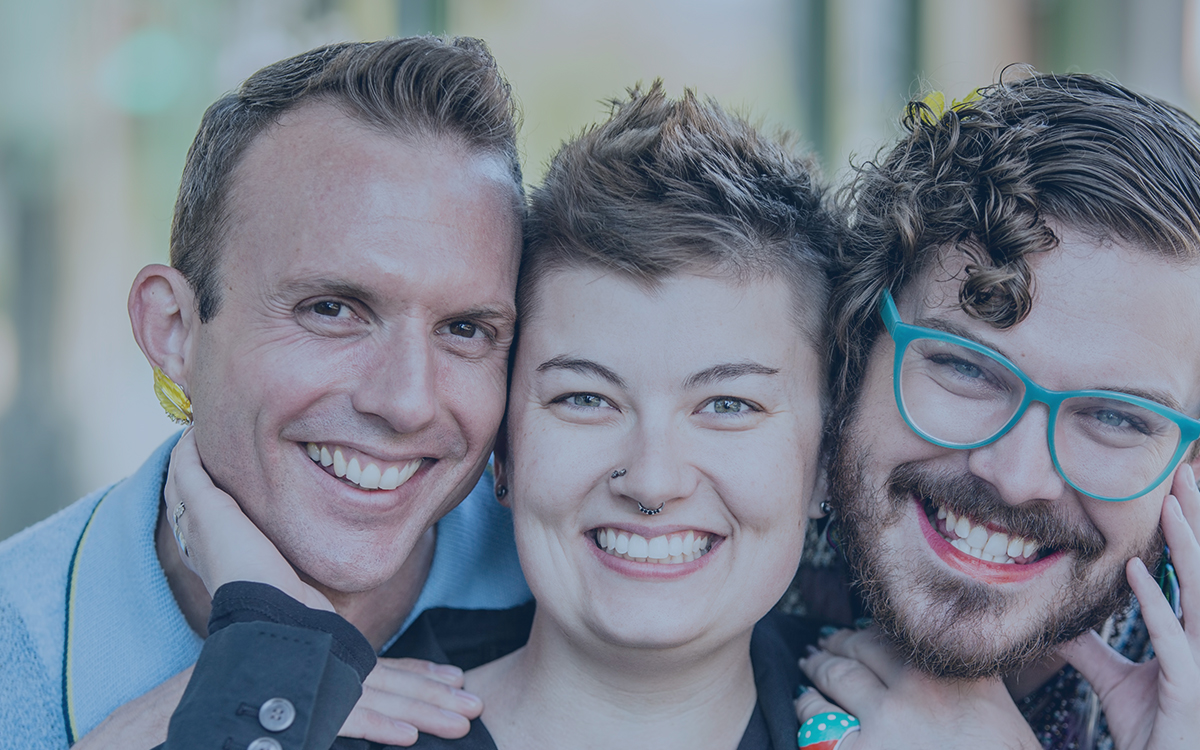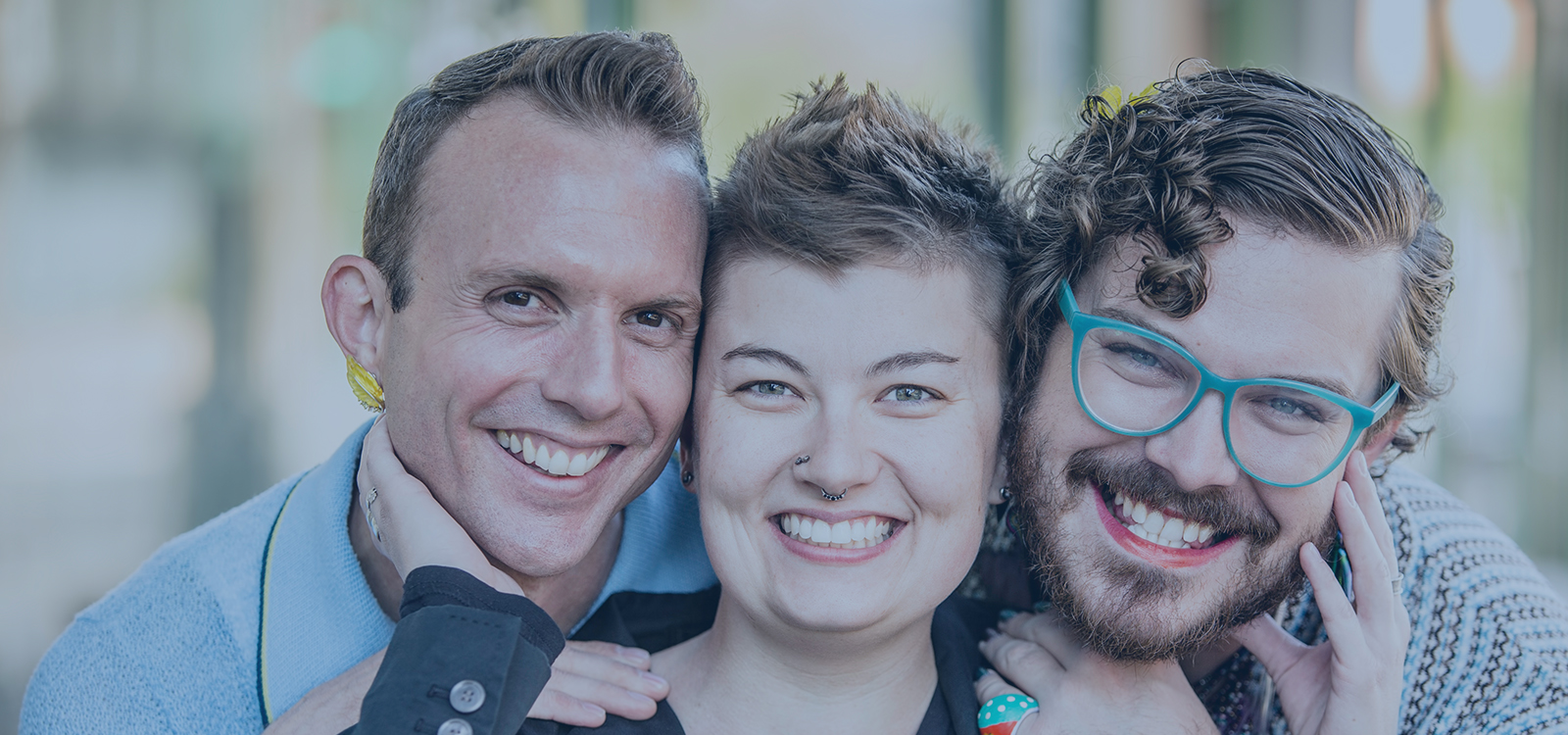Self-Acceptance & Coming Out
It may seem overwhelming to think about revealing your sexual orientation or gender identity (commonly referred to as “coming out”) to your social circle, particularly if it is different from the majority of the people around you.
As a first step, it’s important to make sure you’re comfortable with your sexuality. It’s important for your mental and emotional well-being that you are comfortable with who you are, no matter what that may mean in the eyes of others. Give yourself time.
It’s probably best to have the first person you tell be someone that you think is most likely to have a positive and supportive reaction – a trusted friend, someone who also identifies themselves within the LGBTQ+ community, or an unbiased counsellor.
Beyond that, the reactions of your wider circle of family and friends will vary and some of the reactions may not be as positive as you hoped.
It’s common to be worried about rejection, judgment, or losing family support or friendships. Plan what you want to say, maybe write it down. Do the best you can, and say as much or as little as you feel comfortable sharing. Write a letter if that seems less intimidating. It doesn’t have to be very long.
Consider providing the people you tell with resources or links to websites or support networks where they can learn more about sexual orientation and gender identity.
It’s important to remember that your sexual orientation and gender identity are just two parts of who you are: they don’t define you. Just as a straight person’s sexual orientation doesn’t define them, being gay or bi or trans is just one important aspect of your identity; it doesn’t take away from your being an incredible athlete, talented musician, sibling or friend.


